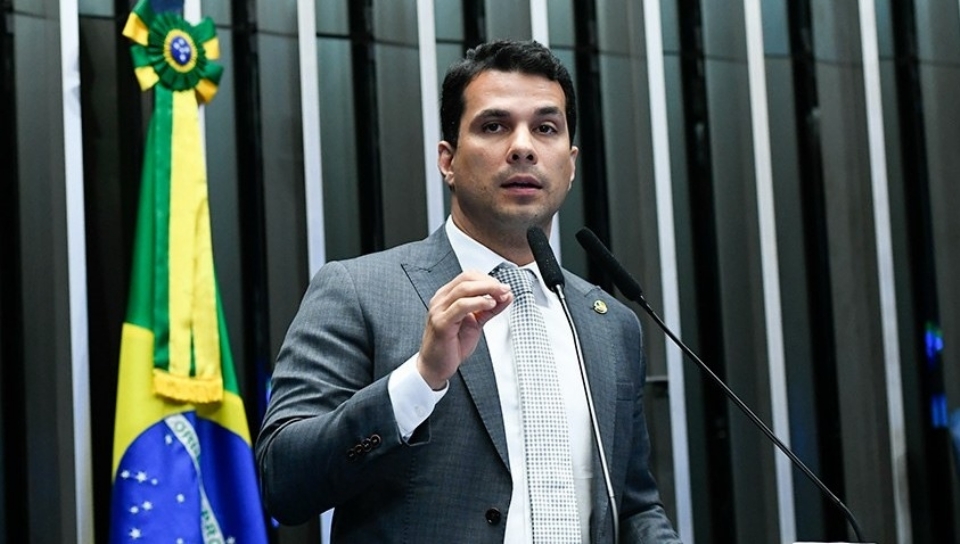
“We are watching the whole world legalize gaming. All 38 OECD countries have already legalized it, with only Iceland being an exception. Of the G20, only Brazil, in addition to Saudi Arabia and Indonesia, which are two Muslim countries, have not yet legalized gaming. So the whole world cannot be wrong and only Brazil is right,” says Senator Irajá (PSD-TO).
He is the rapporteur of the bill that legalizes casinos, bingos, jogo do bicho and betting on horse races. Already approved by the Chamber of Deputies, the text is ready for voting in the Senate plenary.
“It will boost Brazilian tourism. We know that Brazilian tourism is far below its potential. It will bring this game out of hiding, which is unfortunately in the hands of organized crime today. And it will position Brazil on the world circuit of international tourism.”
If the proposal is sanctioned, each type of game will go through a different process to be able to be operated in the country.
Casinos will have a limited number of establishments per State, while there will be one bingo for every 150,000 inhabitants and jogo do bicho, with licenses for every 700,000 inhabitants. Therefore, Irajá classifies the project as “conservative.”
“Games such as bingo and jogo do bicho, which are already part of Brazilian culture, could immediately be authorized by the Union. Integrated resorts, which involve the casino, are large-scale projects, with a large volume of investment . These projects take 2 to 3 years to happen.”
The project’s rapporteur still argues that gambling is already a reality among Brazilians, especially online, and just needs to become illegal.
“This is already a reality. We are not inventing the wheel, this is already a habit in Brazilians’ routine. What we are doing is turning what is illegal and clandestine into a responsible game with limits.”
Senator Irajá stated that “the forecast is for us to collect R$22 billion (US$ 4bn) in new taxes. These are the federal, state and municipal rates. Another point is job creation. Tourism is a very labor-demanding industry. Studies indicate that in the space of five years, there will be more than 1.2 million jobs, both direct and indirect,” he said.
If approved by the Senate, the project will be sanctioned by President Lula. According to Irajá, the expectation is that the PT member will sanction the matter.
“The President of the Republic has publicly demonstrated support for the project. He signaled that once the project was approved in the Senate, he would sanction it and would have no objection to this matter becoming a law.”
Source: O Tempo